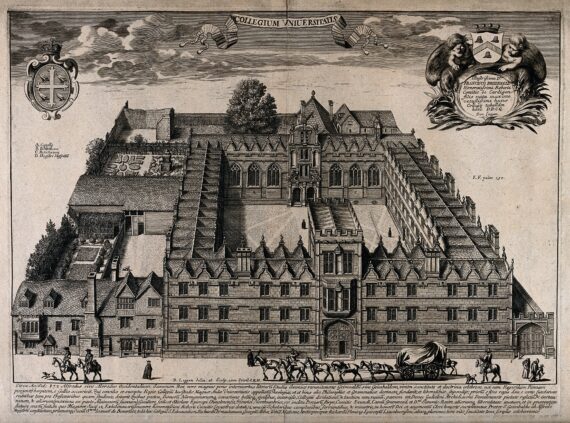In his new book on the democratization of labor, *The Working Sovereign*, Axel Honneth takes a realist and pragmatist approach, advocating both for alternative democratic changes to the organization of labor and reforms to capitalist labor structures. It is a formidable intervention; but does Honneth’s account adequately take into account that the valuing of labor was itself a motivated project: labor became an object of value—whether in the work of Locke, or the early Protestant work ethic, or Hegel—driven or inspired by a deliberate (though perhaps not fully articulated or conscious) effort to make work appear valuable to laborers. Labor was transformed or shaped into a valuable performance in these philosophical interventions. But these philosophical constructions may be illusions, fabricated ways of trying to convince workers of the importance of their work as a way to reproduce more workers. If we look at it from this instrumental perspective, then the question that would arise is: What work are those philosophical discourses doing? And why might it be important to look at the work that they were doing? [To continue, read here….]
Monthly Archives: May 2024
The university, as a collegium of scholars and students, is under threat across the globe and in the United States. State governments are interfering with academic freedom and knowledge, dictating what can and cannot be taught. Private donors are interfering with the scholarly project and the discourse of learning. University administrators are throwing our shared values away. Whether at public universities or private universities, the climate of learning has become intolerable.
Join us for an exploration of another model: a multi-stakeholder cooperative university run by and for those who want to learn, to develop critical thinking, to share community–the faculty and students, staff and workers, and the community. The model dates back to the Middle Ages at least, when universities were first born as cooperatives of faculty and students. Let’s explore together a new model for critical thought in the twenty-first century!


